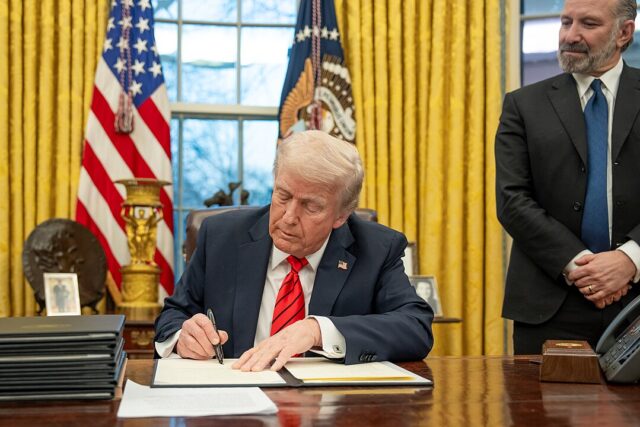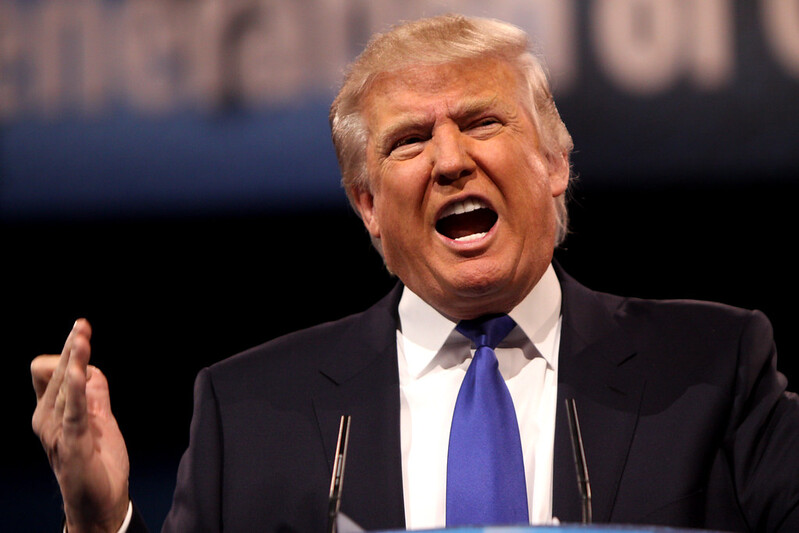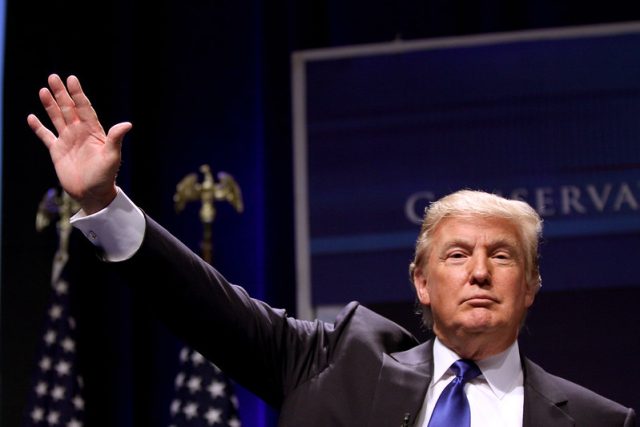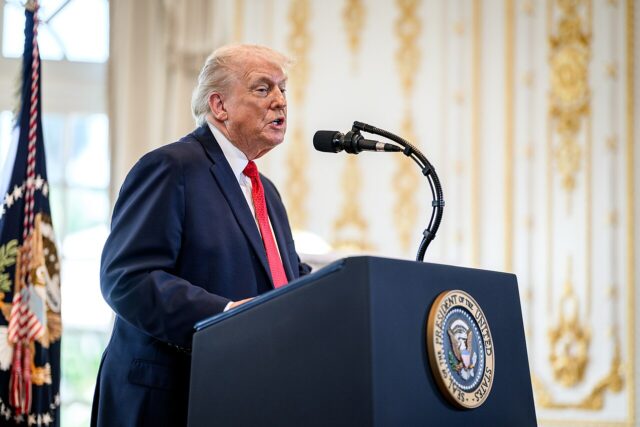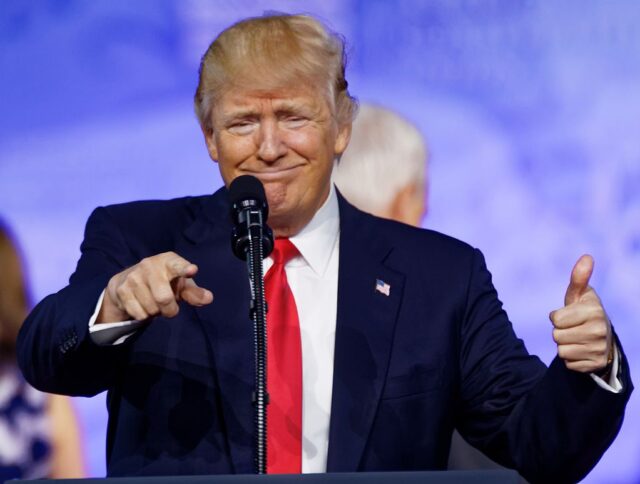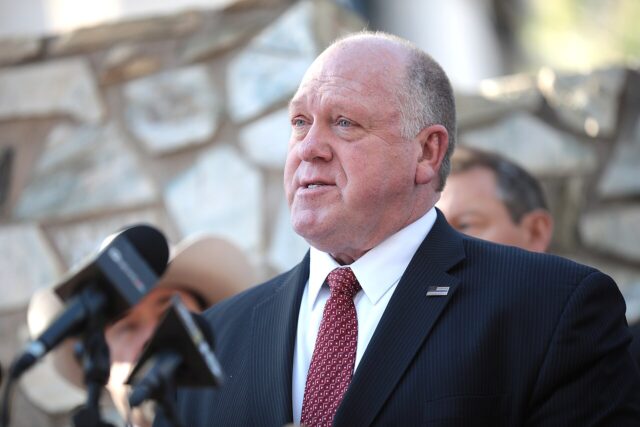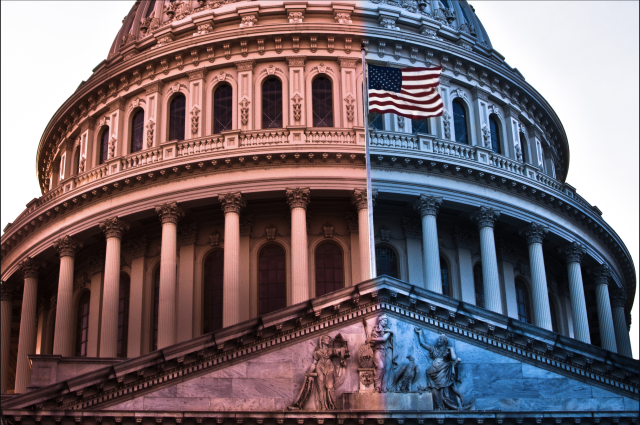A small-town Kansas mayor who has supported President Donald Trump for years is now facing serious felony charges after state prosecutors allege he voted in multiple elections despite not being a U.S. citizen.
The New York Times this week highlighted the case of Joe Ceballos, the recently re-elected mayor of Coldwater, Kansas — a rural community of just 687 residents — who is now charged with multiple counts of voter fraud-related crimes.
Ceballos, 55, is facing three counts of election perjury and three counts of voting without being qualified under Kansas law. Prosecutors say he illegally cast ballots while holding permanent resident status rather than full citizenship.
“Nobody ever told me that I couldn’t vote or register to vote,” Ceballos told The Times. “And so, as a young man, yeah, I did it. I registered.”
A Case Raising Broader Questions About Election Integrity
The case arrives at a time when election security and voter eligibility remain central concerns for many Americans, particularly Republicans who argue that citizenship requirements must be enforced to protect the integrity of U.S. elections.
While instances of noncitizen voting are considered rare, conservatives have long maintained that even isolated cases undermine trust in the system — and that laws already on the books should be applied consistently.
Ceballos was born in Mexico and moved to the United States at age four, according to the report. He later obtained a green card in 1990. Ceballos said he believed that being a lawful permanent resident allowed him to vote.
“His defense, essentially, is that he did not understand that being a permanent resident should have precluded him from voting and holding office, and that no one ever told him he was not eligible,” the paper wrote.
Citizenship Application Triggered Investigation
Ceballos said his legal troubles began last year when he applied to become a U.S. citizen. During the process, he admitted to a federal official that he had previously voted.
“His eyes got real big, and I was like, ‘Boy, did I do something wrong?’” Ceballos recalled.
That admission reportedly halted his citizenship application and alerted Kansas officials, setting off the investigation that ultimately led to criminal charges.
If convicted, Ceballos could face up to 68 months in prison and a $200,000 fine.
“This alien committed a felony by voting in American elections,” DHS spokeswoman Tricia McLaughlin said about Ceballos.
Trump Supporter Says He Doesn’t Belong in “Criminal” Category
Ceballos acknowledged voting for Trump in 2016, 2020, and 2024, and said he still supports much of the president’s immigration agenda — particularly efforts to remove violent criminals from the country.
“I still strongly believe in Trump’s immigration laws about, ‘Let’s get the bad guys out of here,’” he said. “You know, they’re murderers, they killed people, they molested people, let’s get them out of here.
“But I feel like I don’t fit that category,” he added. “And I feel like that’s how they’re treating me.”
His comments reflect a broader debate within the immigration discussion: Republicans often emphasize the difference between legal immigrants who follow the process and those who break the law — while also insisting that voting is a right reserved only for American citizens.
Small Town Residents Rally Around Mayor
Coldwater residents told The Times they view the prosecution as a “personal attack on a pillar of the town.” Ceballos was overwhelmingly re-elected last year by a margin of 101 votes to 20.
Supporters argue the case is a tragic example of confusion over complex immigration and election laws, while critics say citizenship rules are clear and must be upheld regardless of intent.
SAVE Act and Growing Push for Proof of Citizenship
The case comes as Trump has backed the SAVE Act, legislation that would require proof of U.S. citizenship to vote in federal elections — a measure Republicans argue is common sense and necessary to restore confidence in elections.
Democrats such as Sen. Chuck Schumer (D-NY) have criticized the proposal, calling it discriminatory, but polling consistently shows strong public support for voter identification requirements.
CNN data analyst Harry Enten noted that surveys dating back to 2018 show at least 75% of Americans support voter ID laws, including a 2024 figure showing 83% approval.
“Normally, you might expect… a big divide by party,” Enten said. “But not really here.”
Sen. Susan Collins recently became the 50th lawmaker to signal support for the bill.
In an exclusive comment to The Maine Wire, Sen. Collins said she supports the current version of the SAVE Act.
Collins said she will support the version of the SAVE Act that has now cleared the House, calling it a “simple reform” aimed at strengthening confidence in federal elections.
“The law is clear that in this country only American citizens are eligible to vote in federal elections. In addition, having people provide an ID at the polls, just as they have to do before boarding an airplane, checking into a hotel, or buying an alcoholic beverage, is a simple reform that will improve the security of our federal elections and will help give people more confidence in the results,” she said.
Collins said that her support hinges on changes made to the legislation. She said she previously opposed an earlier draft that would have required voters to prove their citizenship each time they cast a ballot.
“Requiring voters to produce passports or birth certificates on election day — as opposed to just a state-issued ID — would have placed an unnecessary burden on the voters. That provision is no longer in the bill and dropping this requirement was key to getting my support.”
